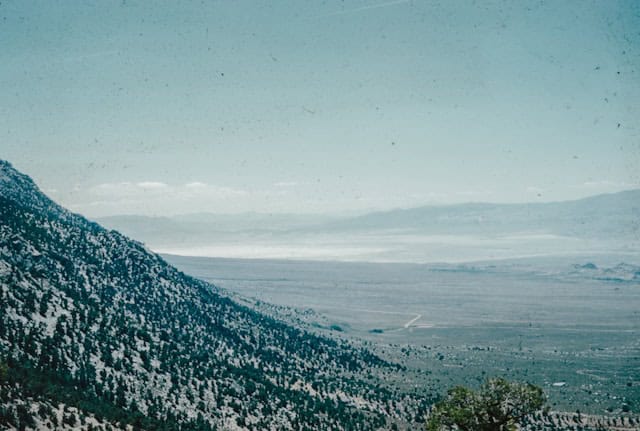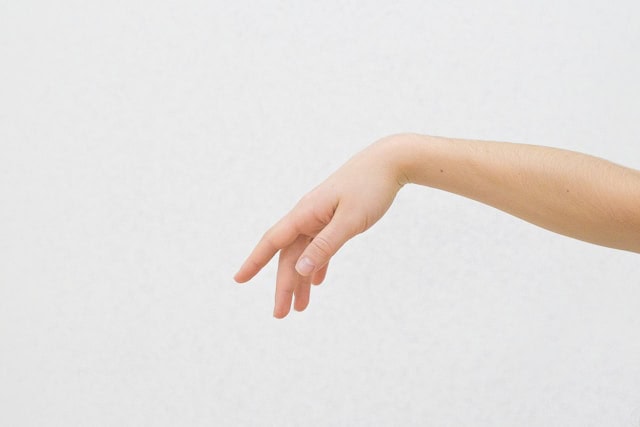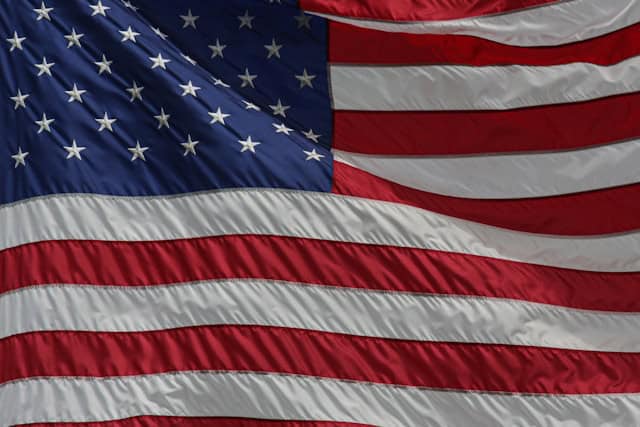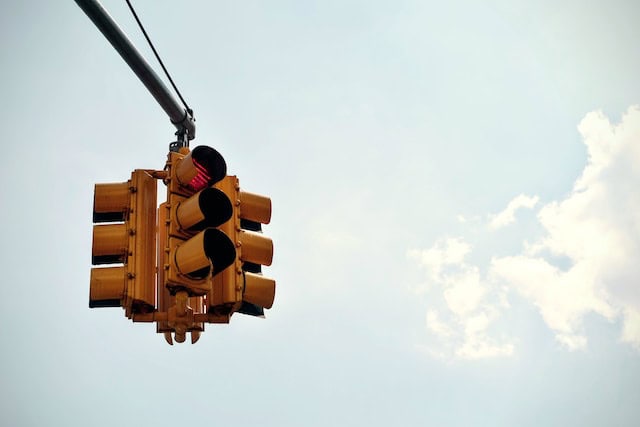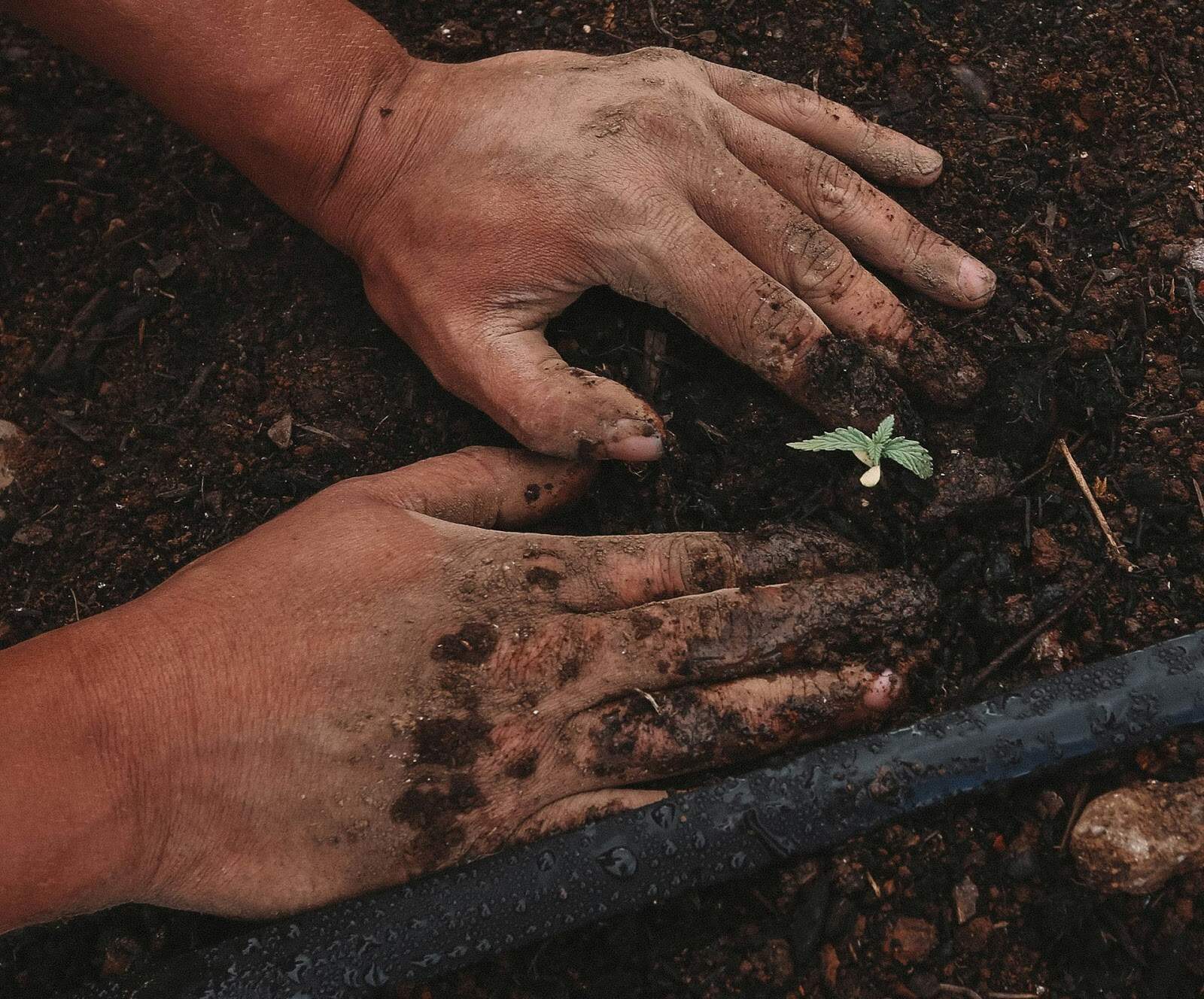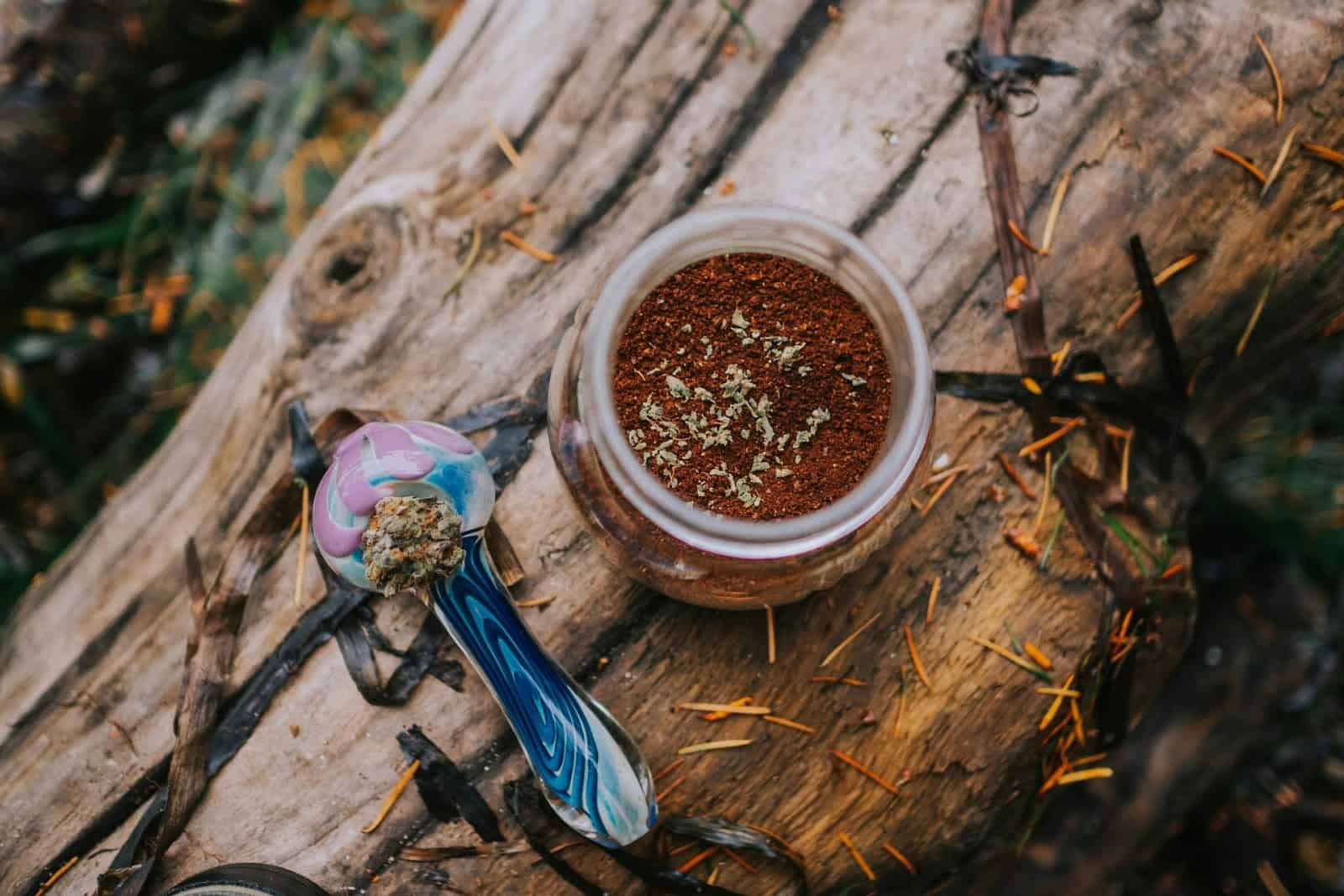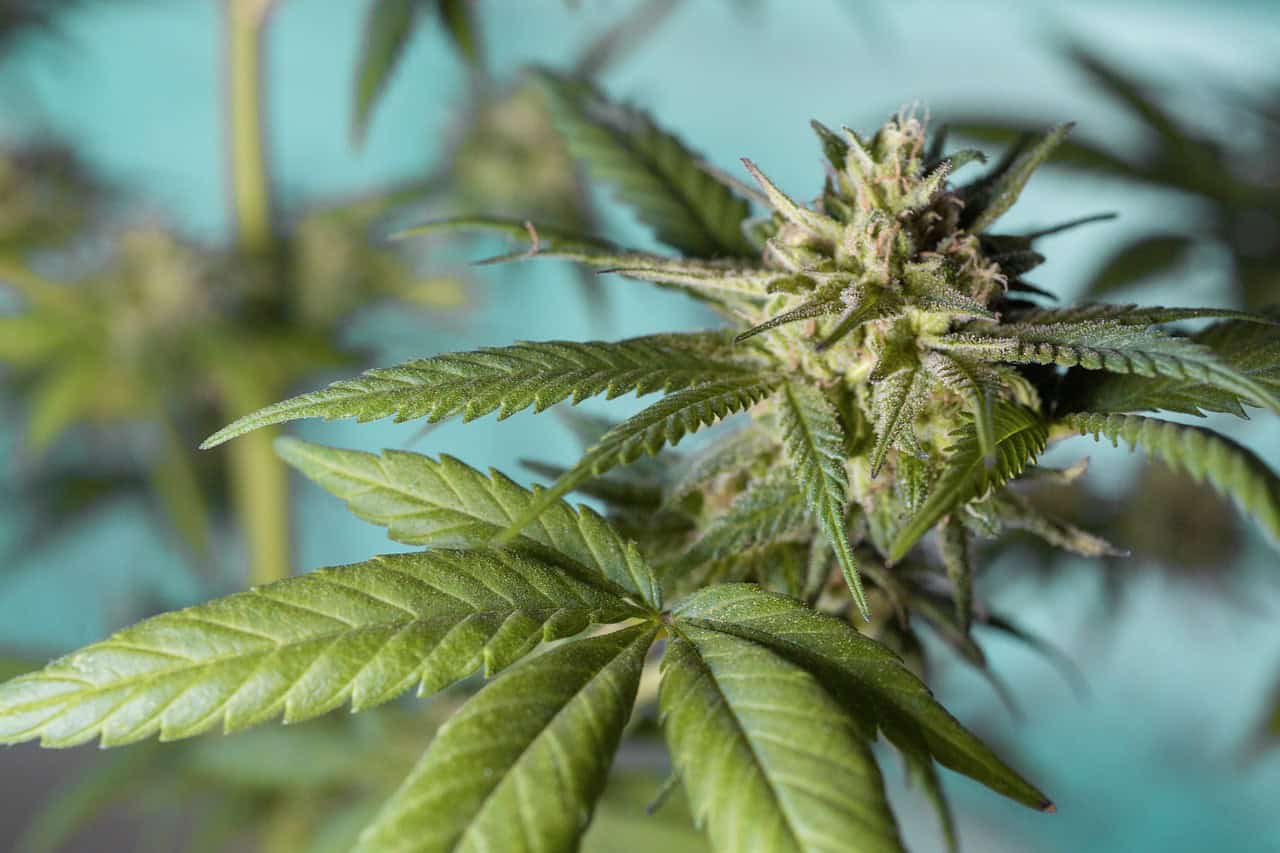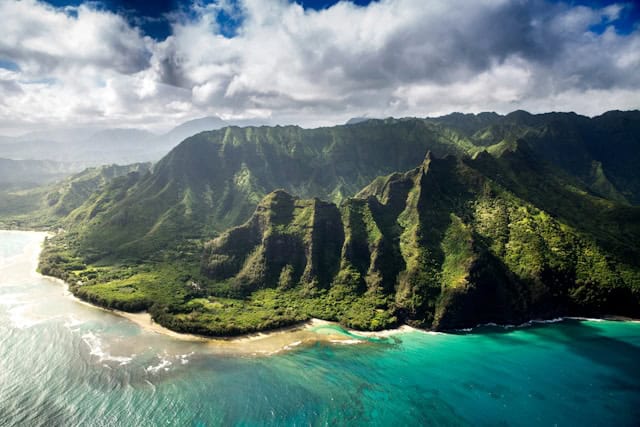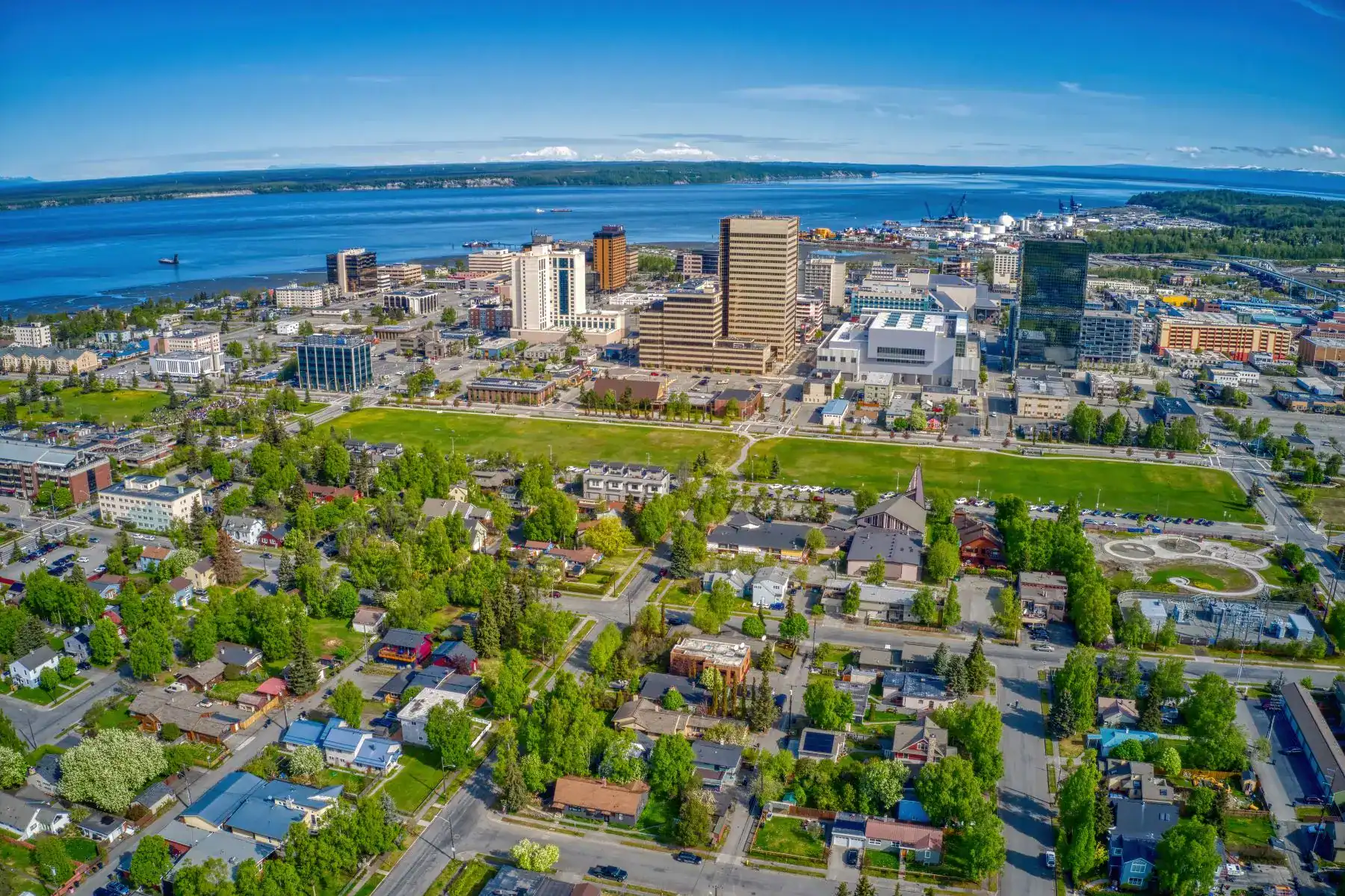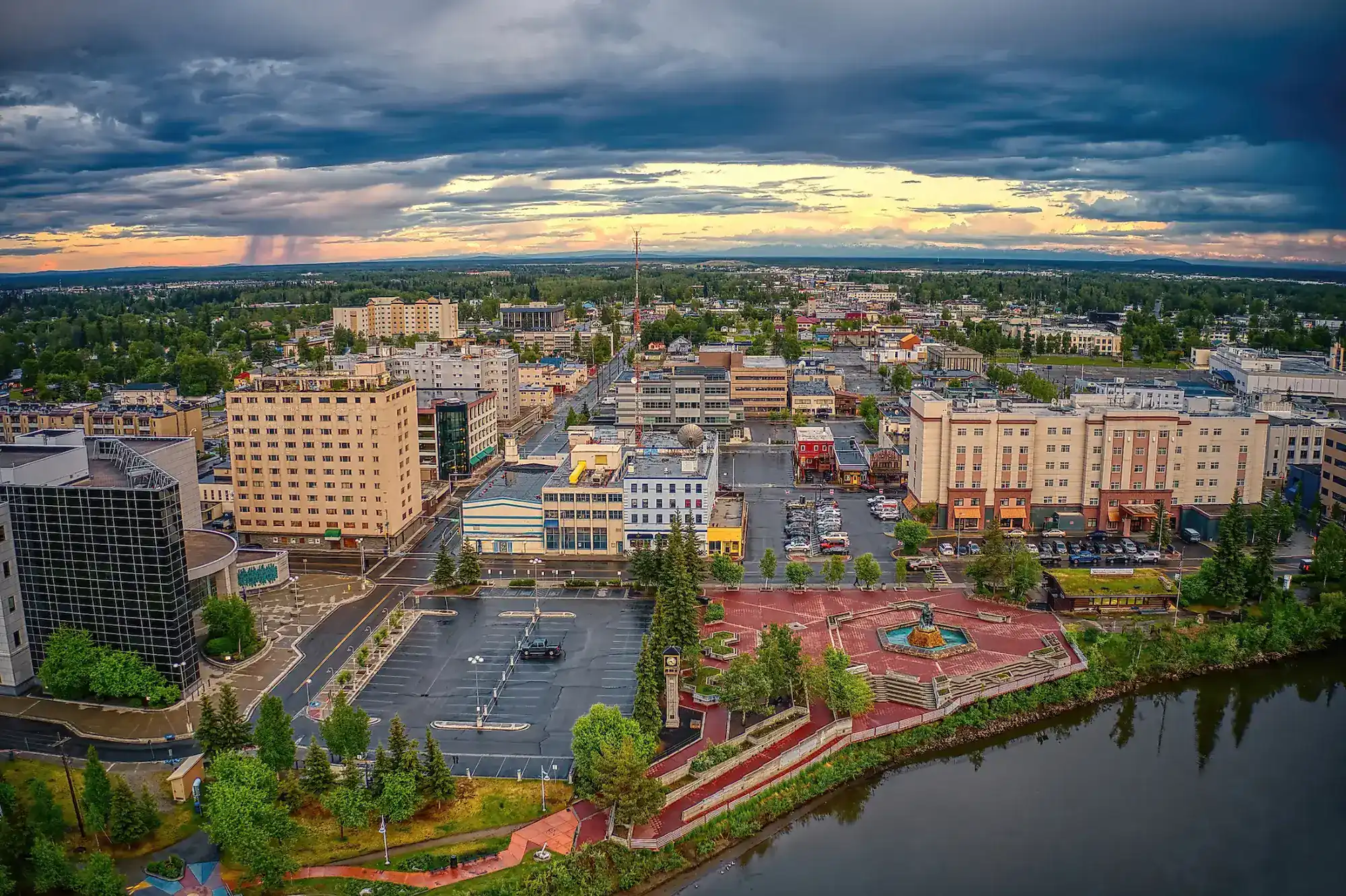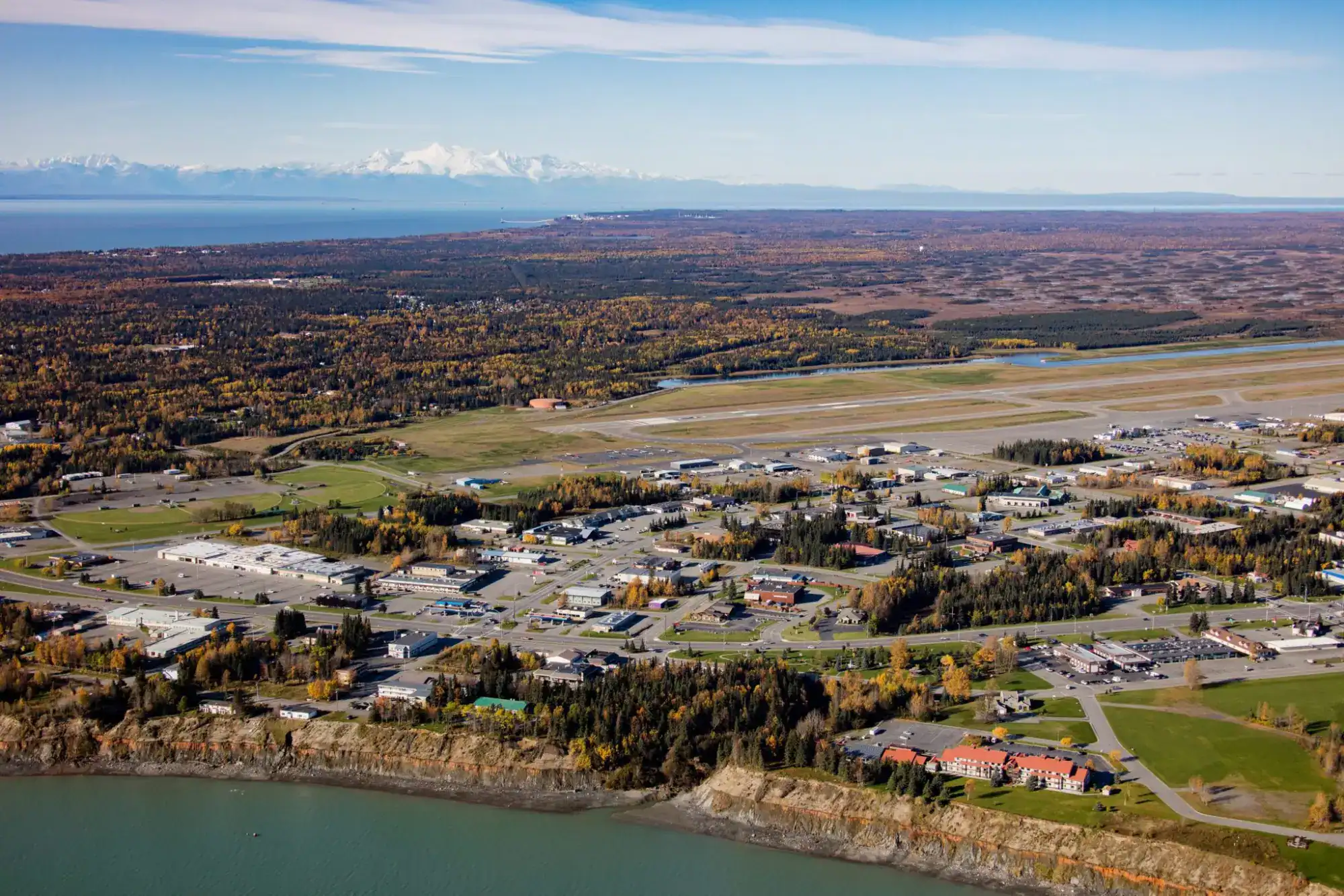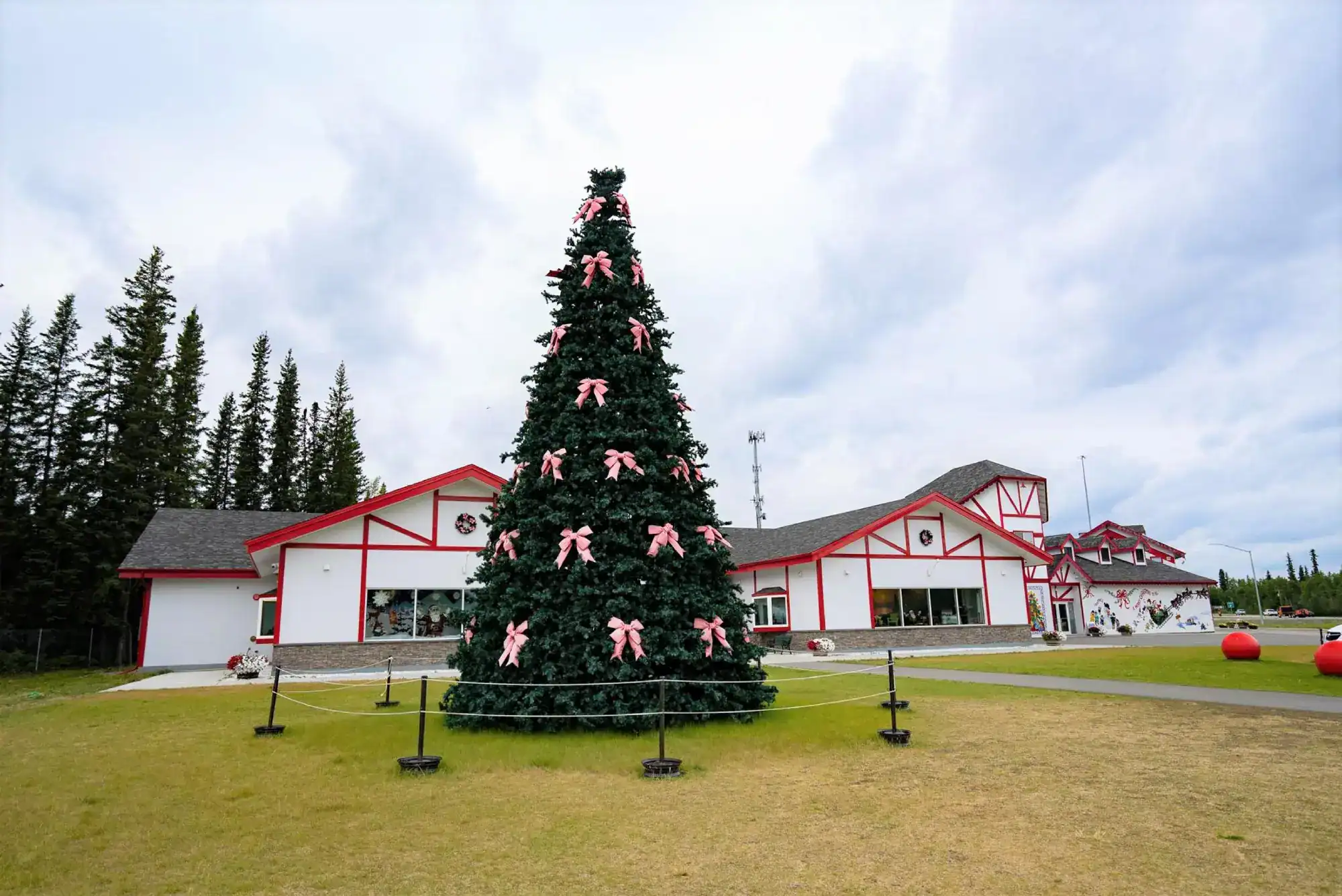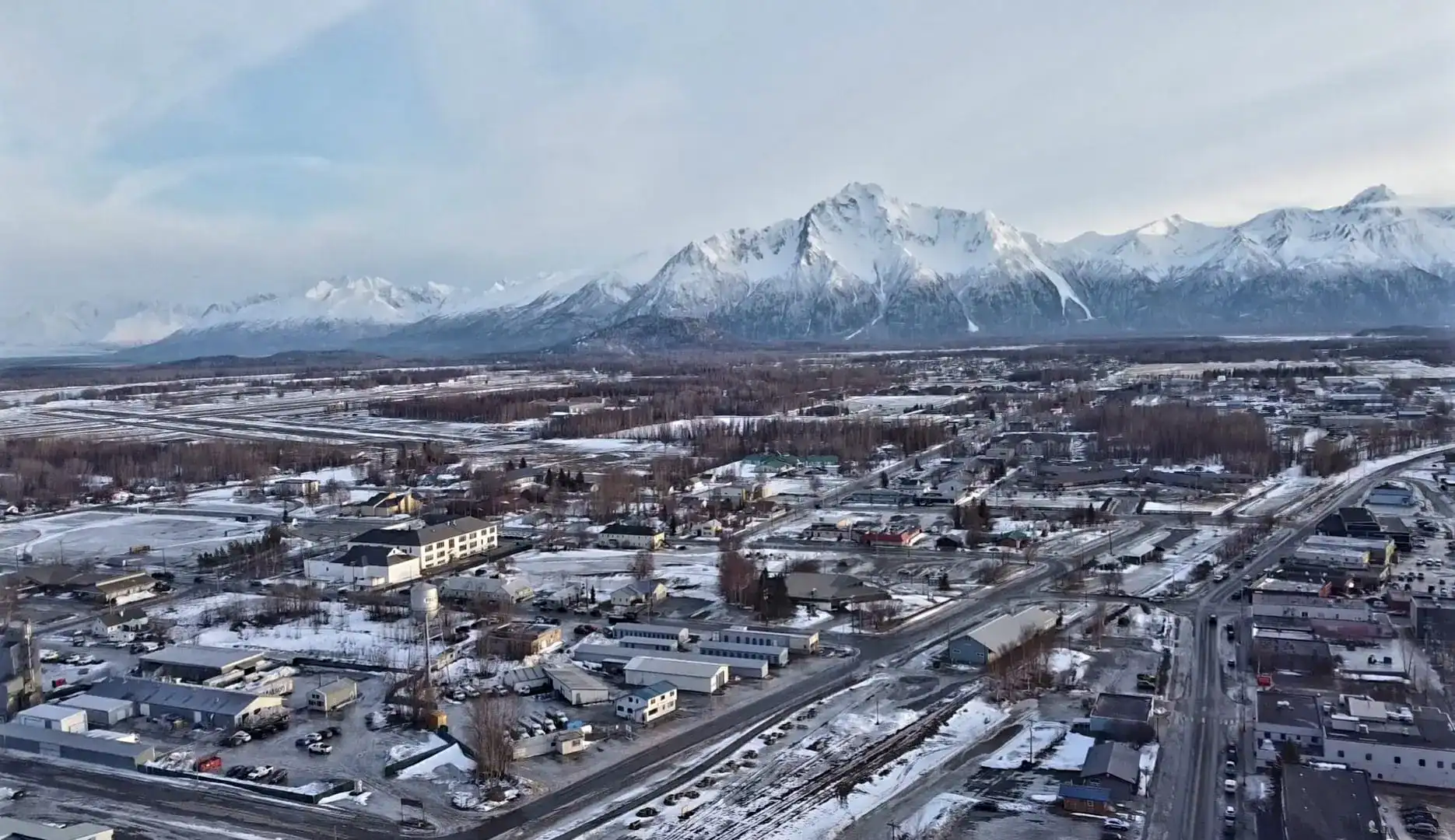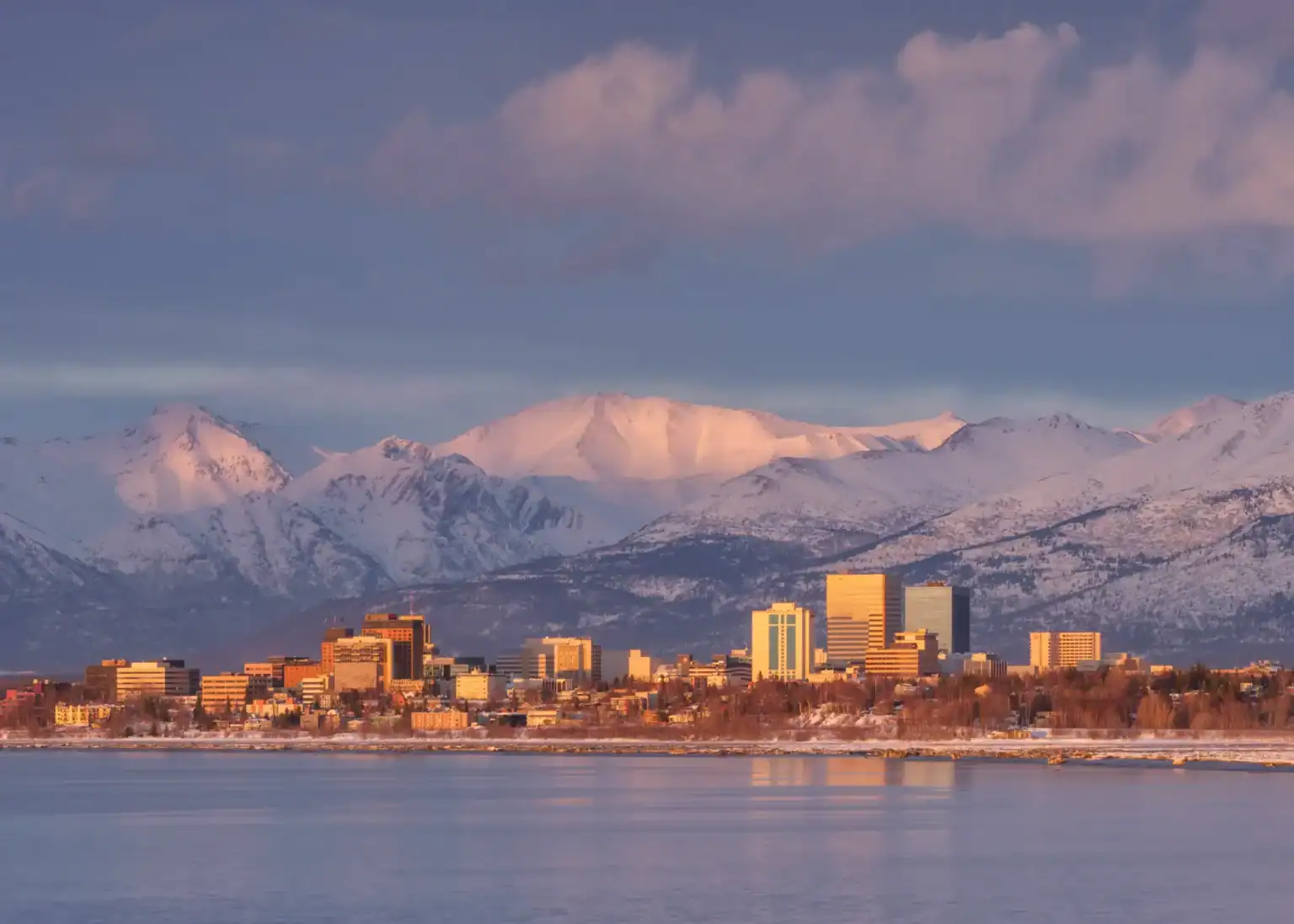
Is CBD Legal in Alaska
Yes, CBD products are legal in Alaska
 Legal
Legal
CBD is legal in Alaska as long as the content does not exceed more than 0.3% THC.
CBD, or cannabidiol is a compound derived from the cannabis plant. CBD has the potential to offer therapeutic benefits without psychoactive effects. It has shown promise in alleviating pain, reducing anxiety, and improving the quality of sleep. Research into CBD is still ongoing, but it has shown effectiveness in treating a variety of ailments. Before buying CBD in Alaska, make sure to check the lab test results for each product to ensure that they are labeled accurately.
In Alaska, you must be 21 years or older to purchase CBD products.
How long CBD stays in the system depends on the method of consumption. CBD used through sprays can stay in the body for 10 hours to 2 days. CBD that is consumed orally can stay in the system for 10 to 25 days. If CBD is smoked, it can stay in the body for a week.
CBD is not a psychoactive compound and will not cause a person to get high. CBD products may contain a small amount of THC, but if they are formulated to stay under the 0.3% THC legal limit, they should not cause any psychoactive effects.
Since cannabidiol does not cause a high, on its own it is not addictive. However, some users smoke cannabis-products to gain the medical effects of CBD. Smoking cannabis products could lead to an addiction. The safest option to avoid addiction is to use pure CBD products that do not contain THC.
CBD oil should be taken sublingually. The dropper should be squeezed under the tongue. The oil should be then held there for 90 seconds so that it can absorb into the bloodstream.
A study in 2017 showed that humans can safely tolerate up to 1,500 mg of CBD per day. No deaths from CBD have been reported so far. However, CBD is in the early stages of research, so it's important to use CBD responsibly with caution.
A study in 2017 showed that humans can safely tolerate up to 1,500 mg of CBD per day. No deaths from CBD have been reported so far. However, CBD is in the early stages of research, so it's important to use CBD responsibly with caution.
Is THC Legal in Alaska
Yes, THC products are legal in Alaska
 Legal
Legal
You must be 21 or older to purchase or use THC in Alaska.
Yes, THC products in Alaska are required to undergo third-party testing. The state has laid down tight regulations that guarantee the safety, quality, and consistency of all marijuana products sold through licensed dispensaries. These products must be tested for potency, microbial contaminants, pesticides, solvents, and heavy metals, among other safety concerns.
Testing by independent laboratories will be required to ensure the products meet state standards and correctly label the amount of THC and CBD. The process helps to protect consumers by making sure that what is on the label is actually in the product. If you are purchasing THC products in Alaska, you can rest assured that they meet these strict quality and safety requirements.
Yes, THC products in Alaska are required to undergo third-party testing. The state has laid down tight regulations that guarantee the safety, quality, and consistency of all marijuana products sold through licensed dispensaries. These products must be tested for potency, microbial contaminants, pesticides, solvents, and heavy metals, among other safety concerns.
Testing by independent laboratories will be required to ensure the products meet state standards and correctly label the amount of THC and CBD. The process helps to protect consumers by making sure that what is on the label is actually in the product. If you are purchasing THC products in Alaska, you can rest assured that they meet these strict quality and safety requirements.
Is Delta-8 Legal in Alaska
Yes, Delta-8 products are legal in Alaska
 Legal
Legal
Delta-8-THC is regulated in Alaska. You can only buy it from licensed cannabis vendors; Delta-8 tetrahydrocannabinol (Delta-8 THC) is a cannabinoid discovered in the cannabis plant, renowned for its psychoactive properties, albeit less intense than the more familiar Delta-9 THC. The controversy surrounding Delta-8 primarily centers on its legal status, potential health risks, and the methods used in its production. Despite being derived from hemp, which was legalized in the United States through the 2018 Farm Bill, the extraction and conversion processes have come under regulatory scrutiny. Critics contend that these processes could result in impurities and safety concerns. Additionally, there are worries about its potential effects, especially among vulnerable populations like minors, as Delta-8 products are often marketed as a legal and less potent alternative to traditional marijuana. Consequently, the regulatory framework and public perception surrounding Delta-8 THC remain intricate and divisive.
Delta-8-THC is regulated in Alaska. You can only buy it from licensed cannabis vendors; Delta-8 tetrahydrocannabinol (Delta-8 THC) is a cannabinoid discovered in the cannabis plant, renowned for its psychoactive properties, albeit less intense than the more familiar Delta-9 THC. The controversy surrounding Delta-8 primarily centers on its legal status, potential health risks, and the methods used in its production. Despite being derived from hemp, which was legalized in the United States through the 2018 Farm Bill, the extraction and conversion processes have come under regulatory scrutiny. Critics contend that these processes could result in impurities and safety concerns. Additionally, there are worries about its potential effects, especially among vulnerable populations like minors, as Delta-8 products are often marketed as a legal and less potent alternative to traditional marijuana. Consequently, the regulatory framework and public perception surrounding Delta-8 THC remain intricate and divisive.
Despite being perceived as less potent than Delta-9 THC, Delta-8 can still induce psychoactive effects, emphasizing the importance of responsible use. Individuals with pre-existing medical conditions or taking medications should consult a healthcare professional before trying Delta-8.
The impact of Delta-8 THC on the body is achieved through its binding to the CB1 receptors within the endocannabinoid system, primarily located in the central nervous system. This interaction gives rise to psychoactive effects, typically of a milder caliber compared to Delta-9 THC. Users commonly express feelings of relaxation, euphoria, and a distortion of sensory perception. Delta-8 may also trigger an increase in appetite, dry mouth, and red eyes. However, the manifestation of its effects can diverge from individual to individual, influenced by factors including dosage, tolerance, and the distinctive sensitivity of each person to cannabinoids.
Delta-8 THC is regulated in Alaska. The state passed new regulations in October 2023 that treat intoxicating hemp products the same as recreational cannabis, which means they can only be sold at licensed cannabis vendors to adults 21 and over.
While Delta-8 THC and Delta-9 THC have comparable chemical structures, Delta-8 is generally recognized for its lower potency and the tendency to provide a milder, more lucid high. Many users find it to be a more functional alternative.
Various formulations of Delta-8 THC are on the market, spanning edibles, vape cartridges, tinctures, and capsules. The preferred consumption approach is contingent on personal choice and the sought after-effects.
The safety of Delta-8 THC remains a topic of ongoing discussion and investigation. Although it's often perceived as having less potency and producing milder psychoactive effects compared to Delta-9 THC, there are concerns about potential impurities that may arise during its manufacturing process. Furthermore, like any psychoactive substance, its safety can be influenced by an individual's health, consumption habits, and dosage. To arrive at a definitive verdict on its safety, more comprehensive scientific research is imperative. It's prudent to exercise caution, particularly in the absence of well-defined regulatory guidelines.
Usual side effects may involve dry mouth, red eyes, an elevated heart rate, and momentary lapses in short-term memory. Generally, these reactions are milder than those typically associated with Delta-9 THC.
Yes, it is possible for Delta-8 THC to yield a positive result on a drug test, given that many tests cannot discern between Delta-8 and Delta-9 THC. If drug testing is a concern, it's prudent to be mindful of using Delta-8 products.
Whether you can purchase Delta-8 products or not could be subject to your location, as typical age restrictions set the minimum age at either 18 or 21 years old. To stay within the confines of the law, it's crucial to understand your local age criteria through research on local regulations.
Delta-8 products are obtainable through various means, encompassing licensed dispensaries, online vendors, and specific convenience stores. To make an informed purchase, it's crucial to investigate the legality of Delta-8 in your region and select a reputable seller dedicated to both product quality and adherence to local regulations.
Is Delta-9 Legal in Alaska
Yes, Delta-9 products are legal in Alaska
 Legal
Legal
In Alaska, you must be at least 21 years old to legally purchase Delta-9 THC products, whether for recreational or medical use.
Yes, smoking Delta-9 THC flower is legal in Alaska. Adults aged 21 and older can possess up to one ounce of cannabis for personal use, including products like flower, concentrates, and edibles containing Delta-9 THC.
In Alaska, cannabis products, including those containing Delta-9 THC, typically undergo third-party testing. These tests ensure they meet state quality standards, and comply with regulations on potency limits (such as less than 0.3% Delta-9 THC for hemp-derived products). This independent testing assesses for contaminants such as pesticides, heavy metals, and residual solvents, ensuring that Delta-9 products are safe, accurately labeled, and meet quality standards before reaching consumers. In any case, it is always recommended that you take the time to review these lab reports to ensure product safety and potency, regardless of legal requirements.
Is HHC Legal in Alaska
Yes, HHC products are legal in Alaska
 Legal
Legal
You must be 21 or older to purchase or use HHC in Alaska.
Yes, it is legal to smoke HHC flower in Alaska, provided that the HHC is derived from hemp and contains less than 0.3% THC. Alaska’s regulations on hemp-derived products, including HHC, allow for their use as long as they comply with this THC concentration limit.
However, it’s always advisable to stay updated with local regulations and only purchase products from reputable sources to ensure compliance with the law.
Yes, HHC products in Alaska are required to undergo third-party testing. This testing ensures that the products meet state quality standards, comply with the legal THC concentration limit of less than 0.3%, and are free from contaminants such as pesticides, heavy metals, and residual solvents. Third-party testing helps ensure that HHC products are safe, accurately labeled, and
Keep in mind that reputable manufacturers and retailers usually provide certificates of analysis (COAs) from independent labs, demonstrating that their products have been tested and meet the required standards. While state-specific regulations in Alaska may not mandate third-party testing for all hemp-derived products, purchasing from reputable sources that provide lab-tested products is highly recommended..
Disclaimer
This information is derived from our independent research. Our team aims to ensure that we give you accurate up-to-date details from reliable state-run sources. However, we are not legal experts, and local laws can be subject to change.




